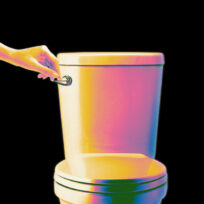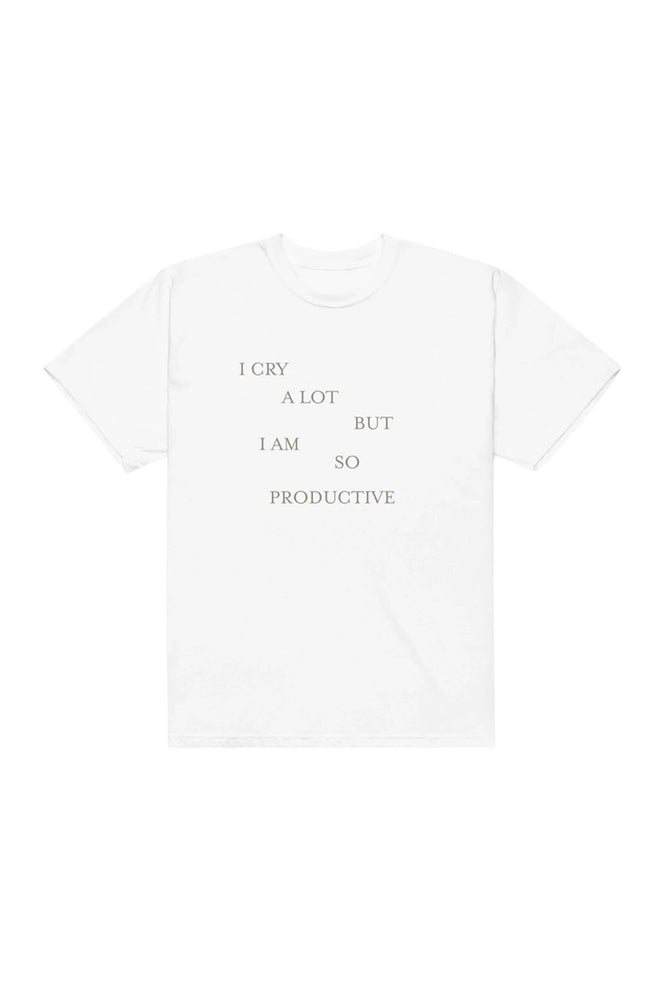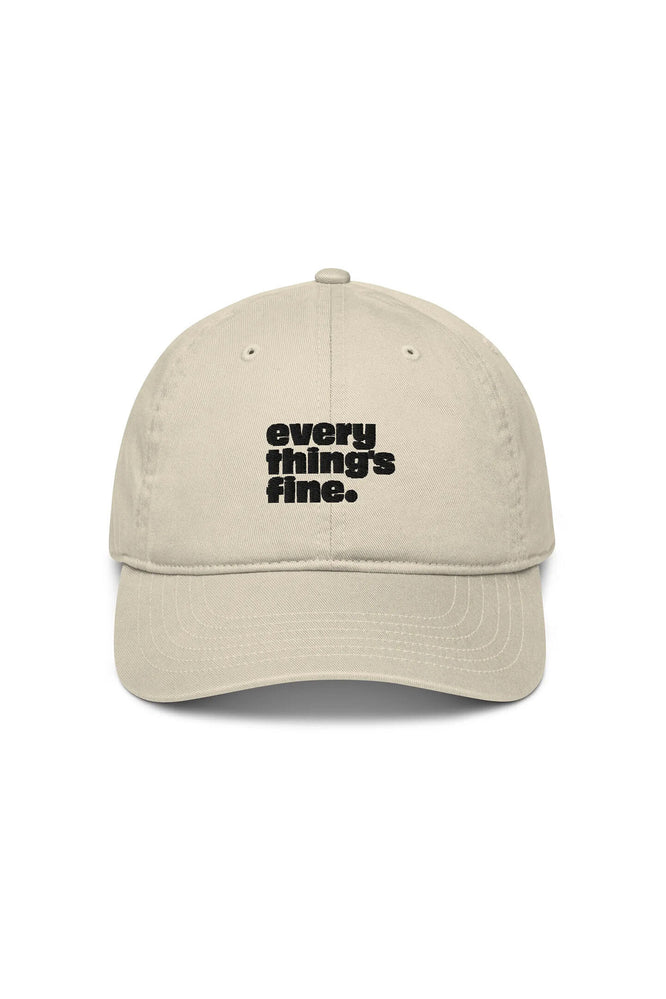Picture this: you’re scrolling through the “for you” page on TikTok when you suddenly come across a video of a woman shamelessly showing her bloody period pad. What would your initial reaction be? Would you feel shocked? Revolted? Disgusted? Offended? Or perhaps, empowered?
For the last few weeks, most of my TikTok notifications and DMs have been along the lines of the above—and it all started when I playfully used an image of my freshly used pantyliner for a viral TikTok trend.
I’m no stranger to encountering the shock factor when it comes to talking about periods. I’ve been focused on ending period poverty and stigma through my work for the last several years, but my decision to show my menstrual blood as a means to jumpstart the conversation is relatively new. When I embarked on building new period care products with my team at August, my focus shifted from distributing tampons and pads to people in need to improving the individual experience of menstruating. As a brand, we wanted to make sure that we would not perpetuate negative stigmas around period blood by showing blue liquid in ads for absorbency, but really push the boundary on how real we could be about periods.
Most of the content that I or August post that show menstrual blood are taken down for violating community guidelines as “violent and graphic content.” Furthermore, social media platforms are known for filtering out potential “sensitive content” from people’s feeds, which naturally suppresses the accounts of people who want to talk about “sensitive” issues—whether that be around race or, apparently, periods. Since my recent posts were left up, I was able to experience more of the vitriol in comments and found it fascinating. I mean, I would expect that with TikTok having a more Gen Z-centric audience, we’d be more open to being real about periods.
But that hasn’t seemed to be the case. A few of my videos depicting my used pads or tampons have garnered millions of views—with the majority of comments being ones from other menstruators expressing their horror at seeing my period blood and calling it disgusting. Many of the comments are viewers tagging their friends. When their friends respond with puking emojis or the expected “dude wtf why,” the original commenter replies, “if I have to see it, so do you.” Others will comment on the color of my blood, remarking it looks like “fake nail polish” if it’s too red, or accusing me of taking a shit on a menstrual pad if it’s too brown. Some duet my videos and make fun of how “sick” I must be to post them publicly.
I find the response fascinating given that many of the commenters are probably menstruators, and they likely see their own period blood for several days per month. It’s heartbreaking too, because they are directly labeling their own menstrual blood as disgusting and, given that menstruation is a party of their own biology, they’re indirectly calling themselves disgusting. To me, it seems like one of the more obvious examples of internalized misogyny. Periods are powerful, yet society teaches us to feel ashamed and silences us when talking about menstruation. The patriarchal society we live in created and perpetuated this stigma around periods—making them taboo, dirty, and even shameful to talk about. This mentality needs to stop. We need to talk about periods openly and not be silenced or ashamed.
Though I’m often the butt of the joke, I’m excited to see my TikToks gain traction—not because I believe all press is necessarily good press, but because these commenters are only bringing more people into our period talk. By tagging your friends as some sort of punishment that they must participate in feeling uncomfortable as well, you are helping to further show just how widespread and normalized period stigma is. A lot of people, especially cis women from more progressive cities, will tell me they don’t think period stigma exists. But then they see people like me being called gross for caring about it, and they feel galvanized to take up the fight as well.
Social media has allowed us to democratize information and spread it much faster than ever before, and as we’ve seen with the virality of TikTok videos, messages and movements are spreading quickly, providing the perfect opportunity to start more period conversations. I do think that conversations around periods are productive in breaking the stigma, even when they are negative conversations.
Big picture, we not only need to talk about periods to eliminate period shame, but also to open up the conversation to how we can fight period poverty. It’s 2021, and still today, the majority of U.S. states have the “tampon tax” considering tampons and pads non-essential goods. Period products are still not adequately provided to female inmates in prisons and to people in need via shelters and human services. And a national study from last year found that 23% of students have struggled to afford period products. If we can’t talk about periods, we definitely can’t talk about the bigger societal issues around access to period products. And if we can’t talk about or even look at period blood, how are we supposed to communicate the importance of having the resources to maintain menstrual hygiene? In all my work lobbying for legislative change, the hardest barrier was first getting in the room and being able to talk about these issues without the other people in the room trying to desperately change the subject or squirm and make jokes about it. Period poverty is serious, and has real consequences. We need to talk about periods so we can talk about the actions that need to be taken. And if posting period blood helps take a big axe to the stigma and start conversation? I think I’m here for it.
Images: Polina Zimmerman / Pexels


















































